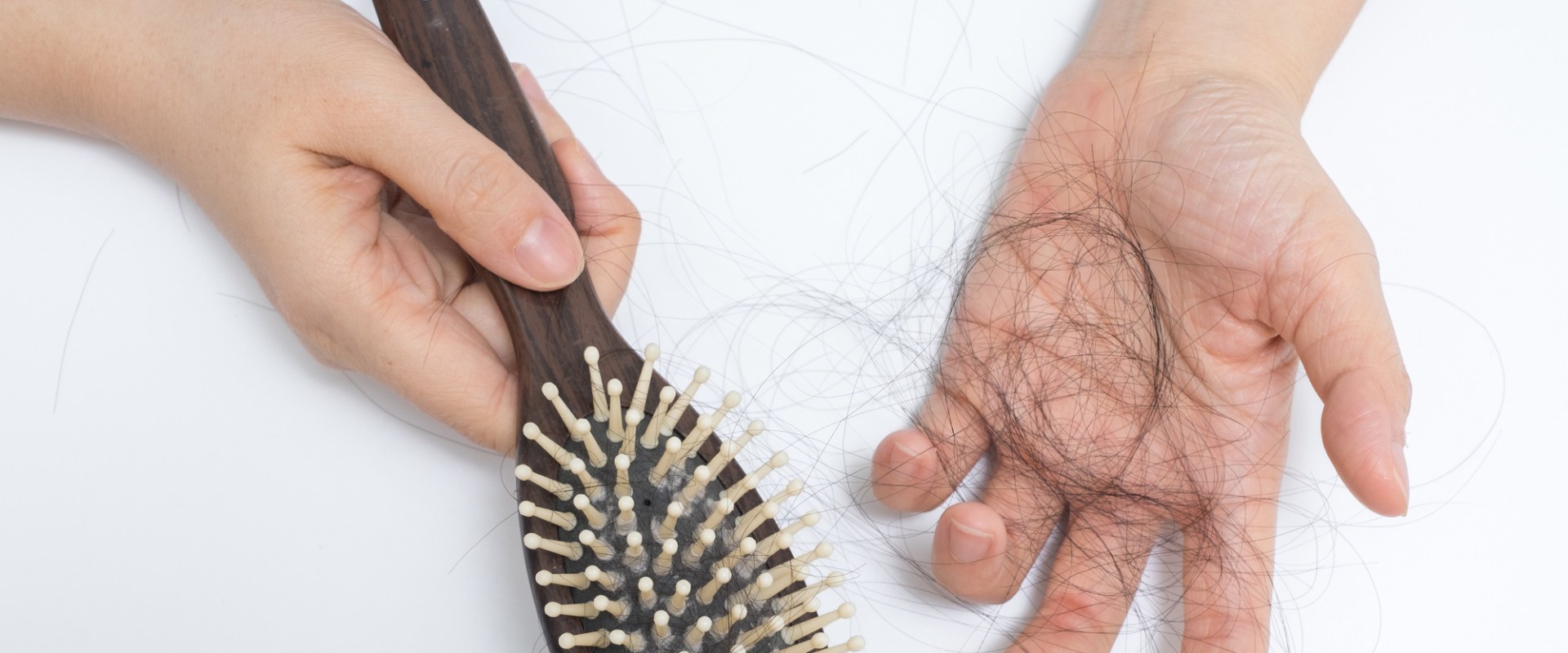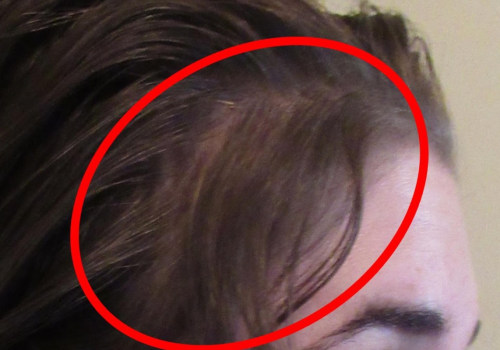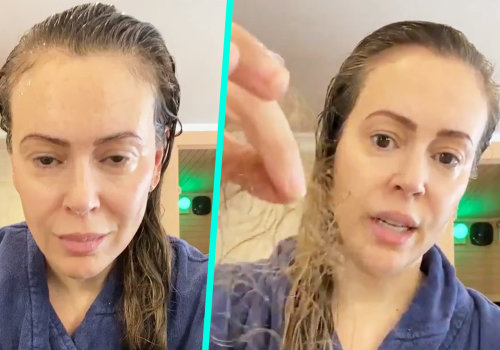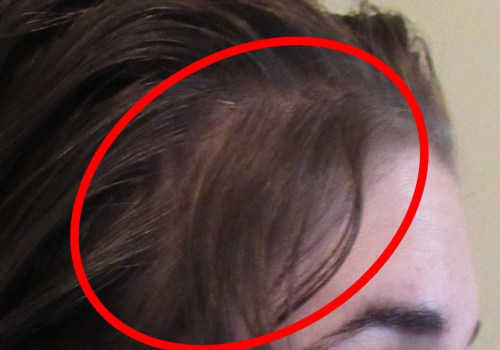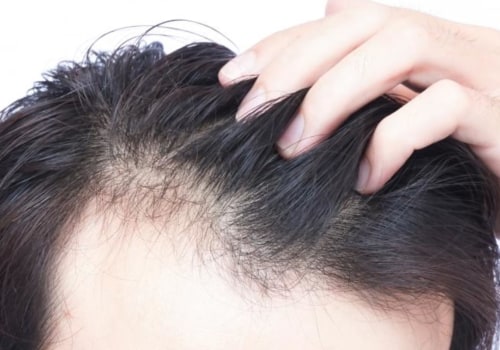For example, sudden weight loss and restrictive diets have been linked to a condition known as acute telogen effluvium (TE), one of the most common causes of widespread scalp hair loss (1,. ET usually occurs about 3 months after a triggering event, such as rapid weight loss, and lasts about 6 months. This type of hair loss is generally known as telogen effluvium and is a common cause of hair loss. It usually occurs 3-4 months after losing weight quickly and lasts up to 6 months.
Prevention and treatment of telogen effluvium focus on proper nutrition and diet. Maintaining a balanced diet while avoiding fast diets and quick fixes is important for long-term weight loss success, as well as avoiding telogen effluvium. Your body needs adequate calories and protein to feed the hair follicles. According to some experts, the more weight you lose, the more likely you are to experience some degree of hair loss.
Losing and regaining weight for many years can affect your metabolism and hair growth. Some people may experience hair loss within 3 to 6 months of starting diets (for example, usually temporary, a balanced and healthy diet should reverse hair loss within six months. This autoimmune condition manifests as patchy hair loss and causes hair to fall out in groups; this is usually first noticed around three months after the initial shock begins. Hair loss occurs when stress on the body causes hair to stop growing and enter the catagen phase too soon.
Colleen Welsch is a freelance beauty writer and blogger specializing in hair care, hair growth education and beauty. The strongest evidence shows a link between vitamin D deficiency and alopecia areata, an autoimmune condition that causes patchy hair loss. If you would like to learn more about how to prevent hair loss while losing weight, feel free to call us or use the online scheduling tool on this website to book an appointment. If someone is already experiencing telogen effluvium but is no longer trying to lose weight, they will most likely find that the condition resolves in time once they address their nutrient deficiencies through diet and, if necessary, supplementation.
While your goal is to lose weight, you don't necessarily want to sacrifice anything else along the way, especially your hair. Hair is made up of proteins, so it's important to eat plenty of fish, chicken, and other forms of protein for strong, healthy hair. If you've just started your weight loss journey, you may have questions about unintended side effects, such as hair loss. Instead, I don't diet to lose weight, I eat healthy, I move (jogging, walking, yoga) and pamper myself with all natural products to have soft, shiny hair and a silky body.
My hair has become much thinner and thinner since I lost weight, sometimes it came out in what looked like a handful when washing it. Other nutrients involved in hair loss include zinc, biotin, folate, vitamin B-6, and essential fatty acids. This is a temporary condition, and once you address the underlying cause, such as nutritional problems (fast diets can often play a role), hair should grow back on its own in up to 12 months. This can be done in a variety of ways, but I use a shampoo brush with soft silicone bristles every time I wash my hair.
